Molecular mechanisms of neoplastic lesion initiation and progression in pancreatic cancer
Responsable de l’encadrement : Cécile Haumaitre
Tél : 01 57 27 74 87 E-mail: cecile.haumaitre@inserm.fr
Centre de Recherche sur l’Inflammation (CRI)
Résumé du Projet de Stage
Pancreatic cancer (pancreatic ductal adenocarcinoma, PDAC) is projected to become thesecond leading cause of cancer death by 2030. The prognosis for PDAC remains extremely poor,with a 5-year survival rate of <10%. It arises from 2 distinct types of non-invasive precancerouslesions that are curable if detected early. Microscopic pancreatic intraepithelial neoplasia (PanIN) andmacroscopic intraductal papillary mucinous neoplasia (IPMN). Understanding the molecularmechanisms underlying the development of these lesions and their transition to invasive carcinoma isessential to improve early detection and prognosis of PDAC.Specific mouse models with conditional inactivation of genes encoding transcription factors orepigenetic factors allow us to analyze the development of these lesions. We also use organoid cultureto study these mechanisms. As our team is also composed of clinicians, we compare our mouse andorganoid models with human surgical specimens. Using histological, immunohistochemical, RNA-Seqand RTqPCR analyses, the project will focus on the molecular characterization of PanIN and IPMNneoplastic lesions in the models already available in our team. This project should allow thecharacterization of new genes involved in the initiation and progression of pancreatic neoplasticlesions and the identification of therapeutic targets and biomarkers.
Dernières Publications en lien avec le projet :
1- Marstrand-Daucé L, Lorenzo D, Chassac A, Nicole P, Couvelard A, Haumaitre C. Acinar-to-Ductal Metaplasia (ADM): On the Road to Pancreatic Intraepithelial Neoplasia (PanIN) and Pancreatic Cancer. Review. Int J Mol Sci. 2023 Jun 9;24(12):9946. doi: 10.3390/ijms24129946. PMID: 37373094.
2- Quilichini E, Fabre M, Nord C, Dirami T, Le Marec A, Cereghini S, Pasek RC, Gannon M, Ahlgren U, Haumaitre C. Insights into the etiology and physiopathology of MODY5/HNF1B pancreatic phenotype with a mouse model of the human disease. J Pathol. 2021 May;254(1):31-45.
3- Quilichini E, Fabre M, Dirami T, Stedman A, De Vas M, Ozguc O, Pasek RC, Cereghini S, Morillon L, Guerra C, Couvelard A, Gannon M, Haumaitre C. Pancreatic Ductal Deletion of Hnf1b Disrupts Exocrine Homeostasis, Leads to Pancreatitis, and Facilitates Tumorigenesis. Cell Mol Gastroenterol Hepatol. 2019;8(3):487-511.
Ce projet s’inscrit dans la perspective d’une thèse
Ecole Doctorale de rattachement : BioSPC
Equipe d’Accueil : De l’inflammation au cancer dans les maladies digestives (Indid)
Intitulé de l’Unité : Inserm U1149 – Centre de Recherche sur l’Inflammation (CRI)
Nom du Responsable de l’Unité : Renato Monteiro
Nom du Responsable de l’Équipe : Valérie Paradis/Alain Couvineau
Adresse : Inserm U1149/CRI – Faculté de Médecine Bichat, 16 rue H. Huchard, 75018 Paris

